Electrons are usually described as particles, but in a rare quantum material, that picture completely breaks down
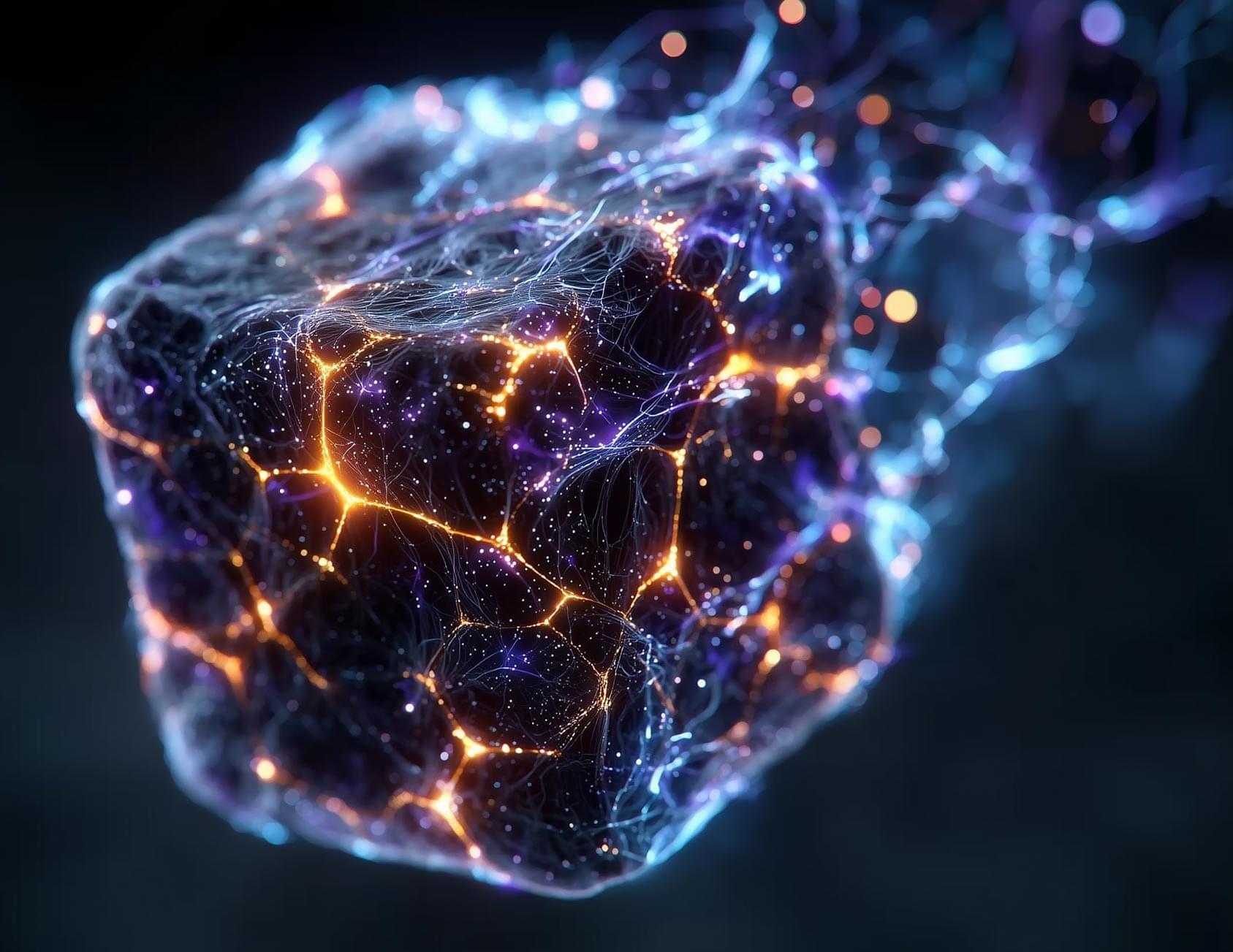

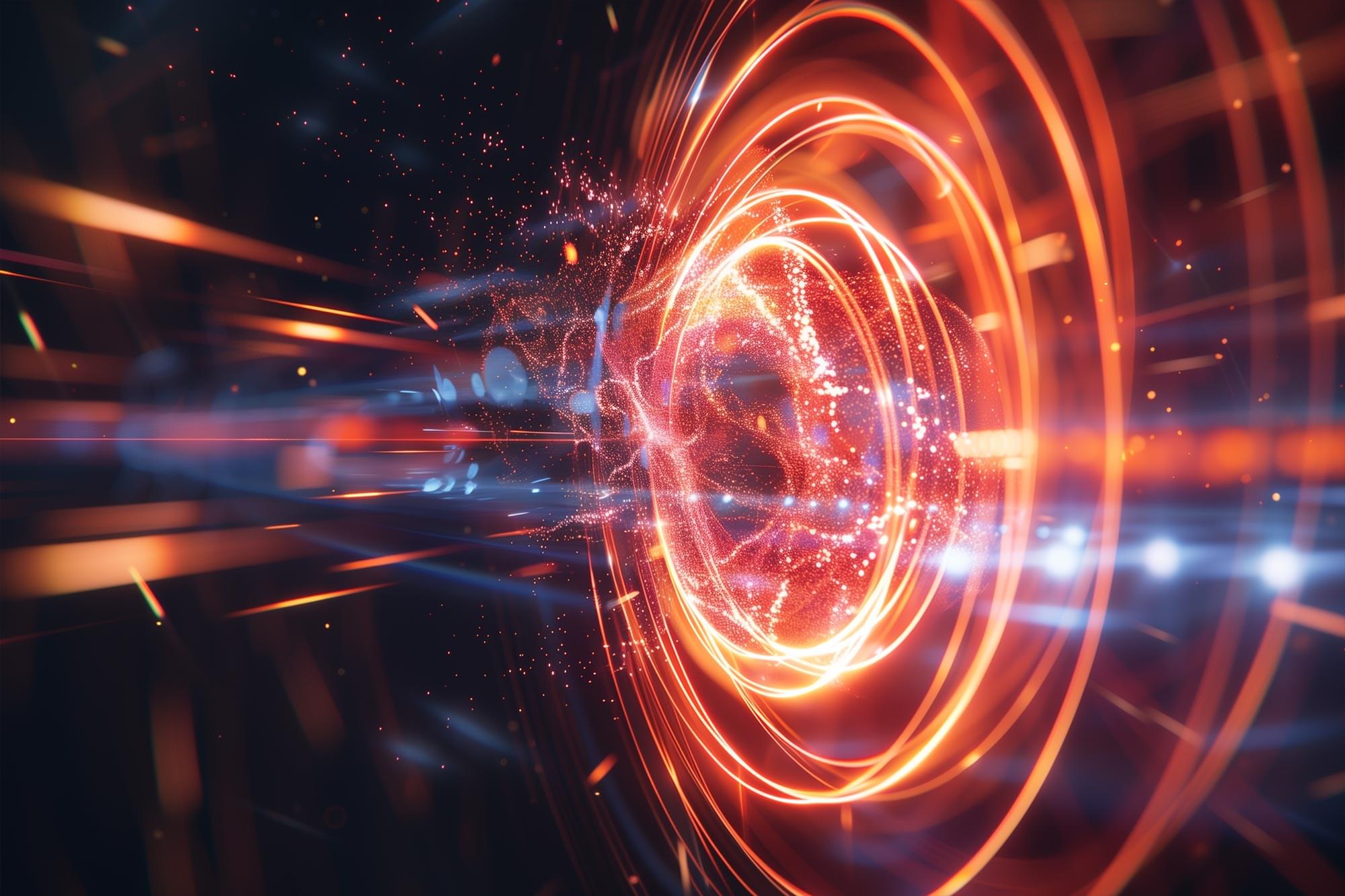
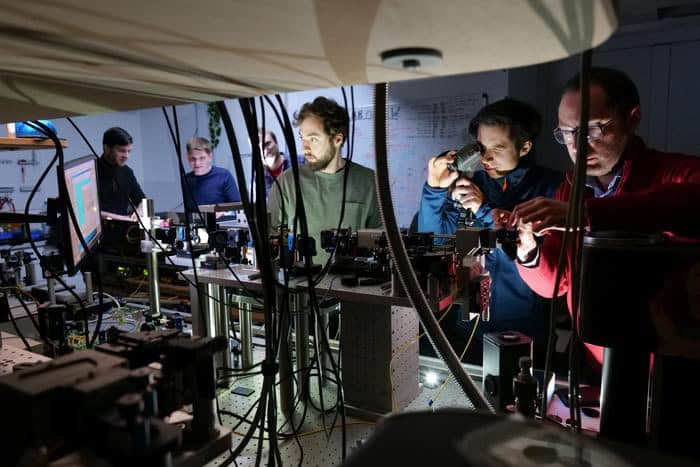
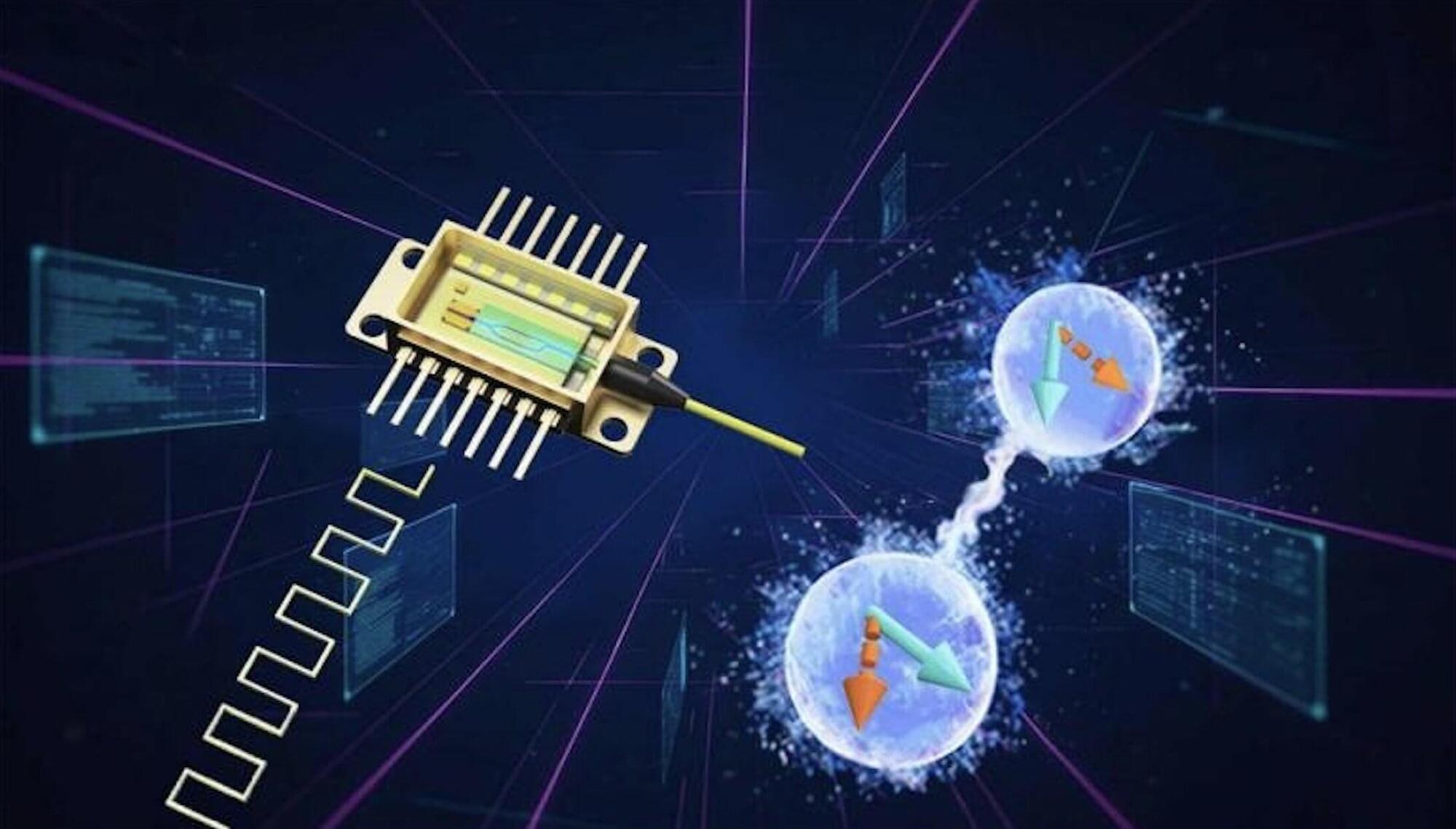
Quantum technologies are cutting-edge systems that can process, transfer, or store information leveraging quantum mechanical effects, particularly a phenomenon known as quantum entanglement. Entanglement entails a correlation between two or more distant particles, whereby measuring the state of one also defines the state of the others.
In recent years, quantum physicists and engineers have been trying to realize devices that operate leveraging the entanglement between individual particles of light (i.e., photons). The reliable operation of these devices relies on so-called entangled photon sources (EPSs), components that can generate entangled pairs of photons.
Researchers at University of Science and Technology of China, Jinan Institute of Quantum Technology, CAS Institute of Semiconductors and other institutes recently realized a new EPS integrated onto a single photonic chip, which can generate entangled photons via an electrically powered laser. Their study is published in Physical Review Letters.
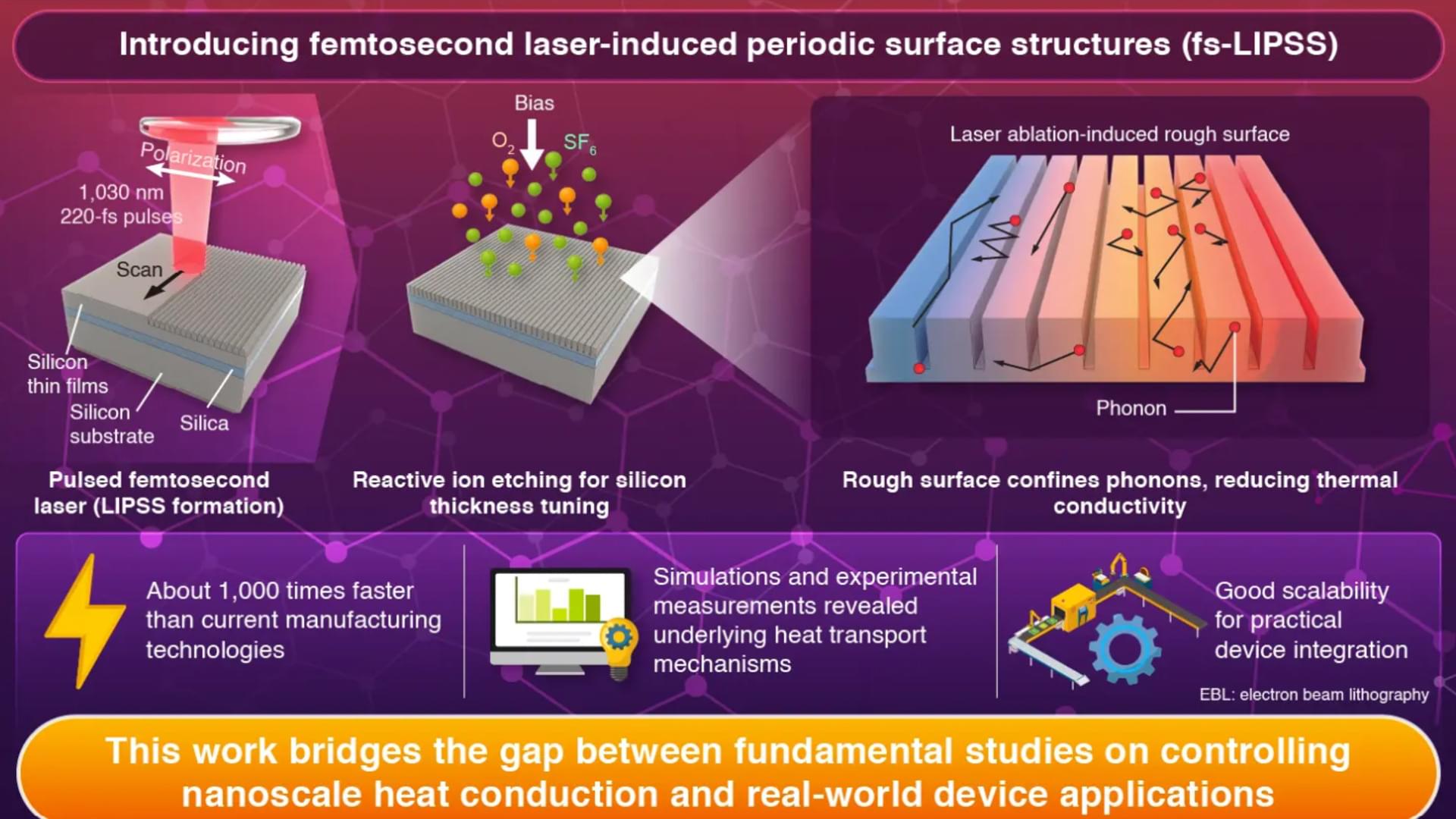
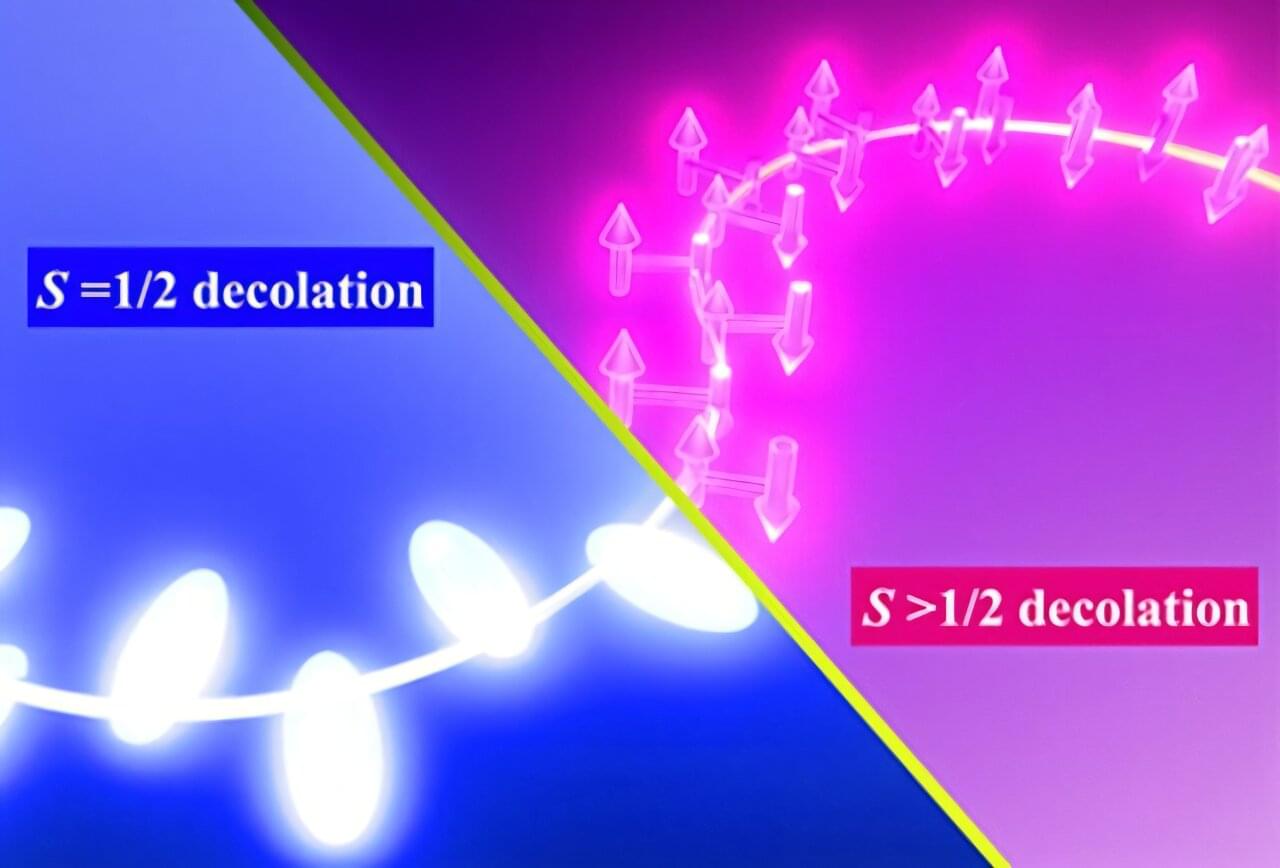
Collective behavior is an unusual phenomenon in condensed-matter physics. When quantum spins interact together as a system, they produce unique effects not seen in individual particles. Understanding how quantum spins interact to produce this behavior is central to modern condensed-matter physics.
Among these phenomena, the Kondo effect—the interaction between localized spins and conduction electrons—plays a central role in many quantum phenomena.
Yet in real materials, the presence of additional charges and orbital degrees of freedom make it difficult to isolate the essential quantum mechanism behind the Kondo effect. In these materials, electrons don’t just have spin, they also move around and can occupy different orbitals. When all these extra behaviors mix together, it becomes hard to focus only on the spin interactions responsible for the Kondo effect.
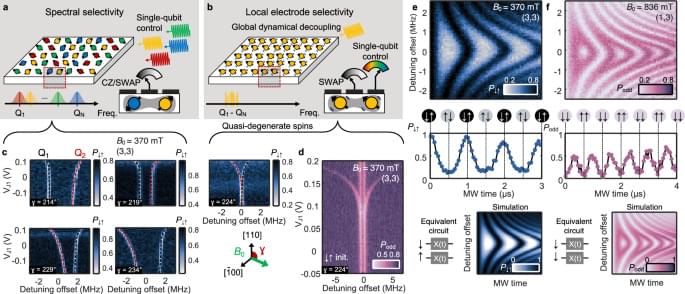
Global control of a qubits using a single microwave field is a promising strategy for scalable quantum computing. Here the authors demonstrate individual addressability vial local electrodes and two-qubit gates in an array of Si quantum dot spin qubits dressed by a global microwave field and driven on-resonance.
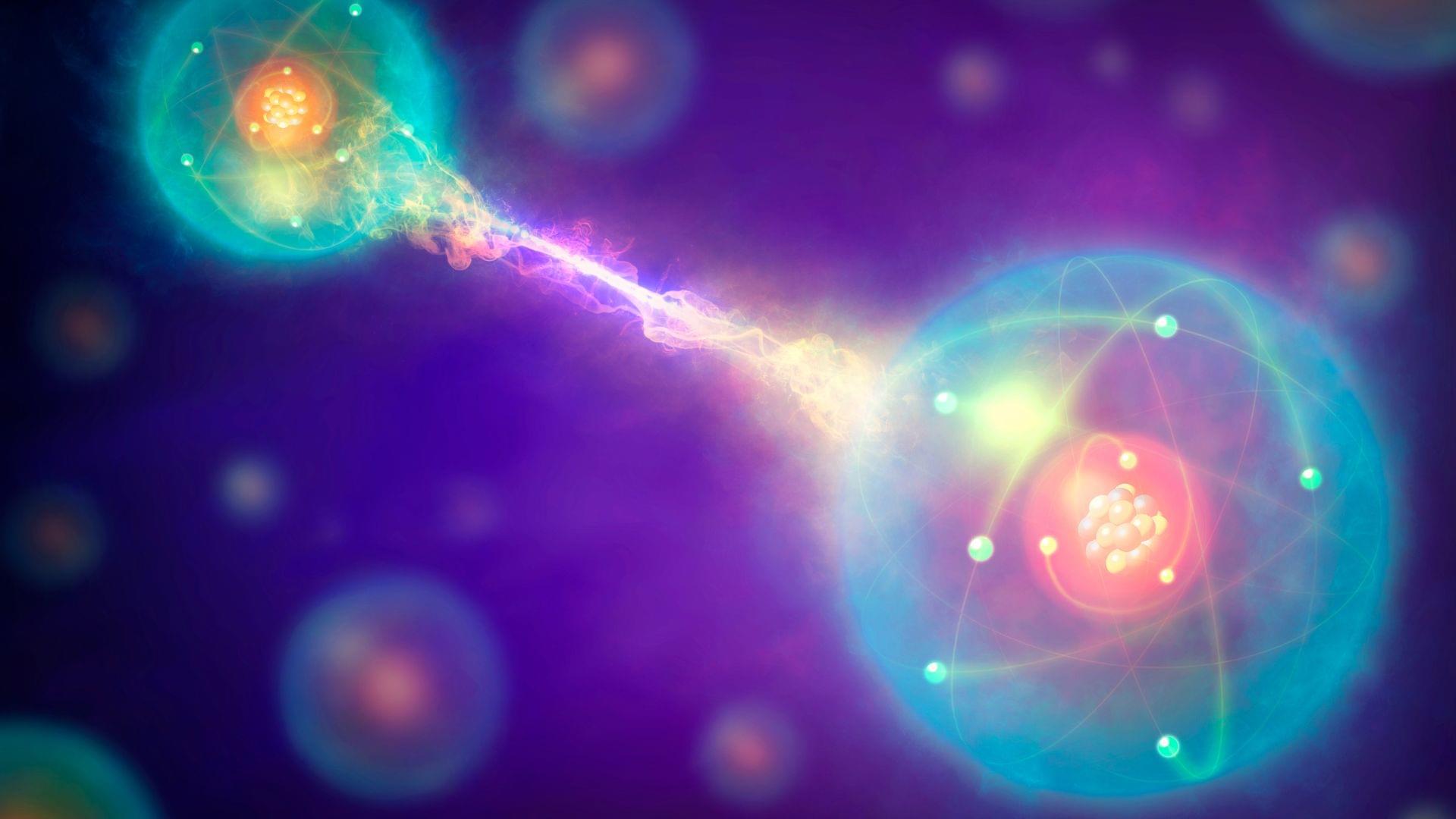
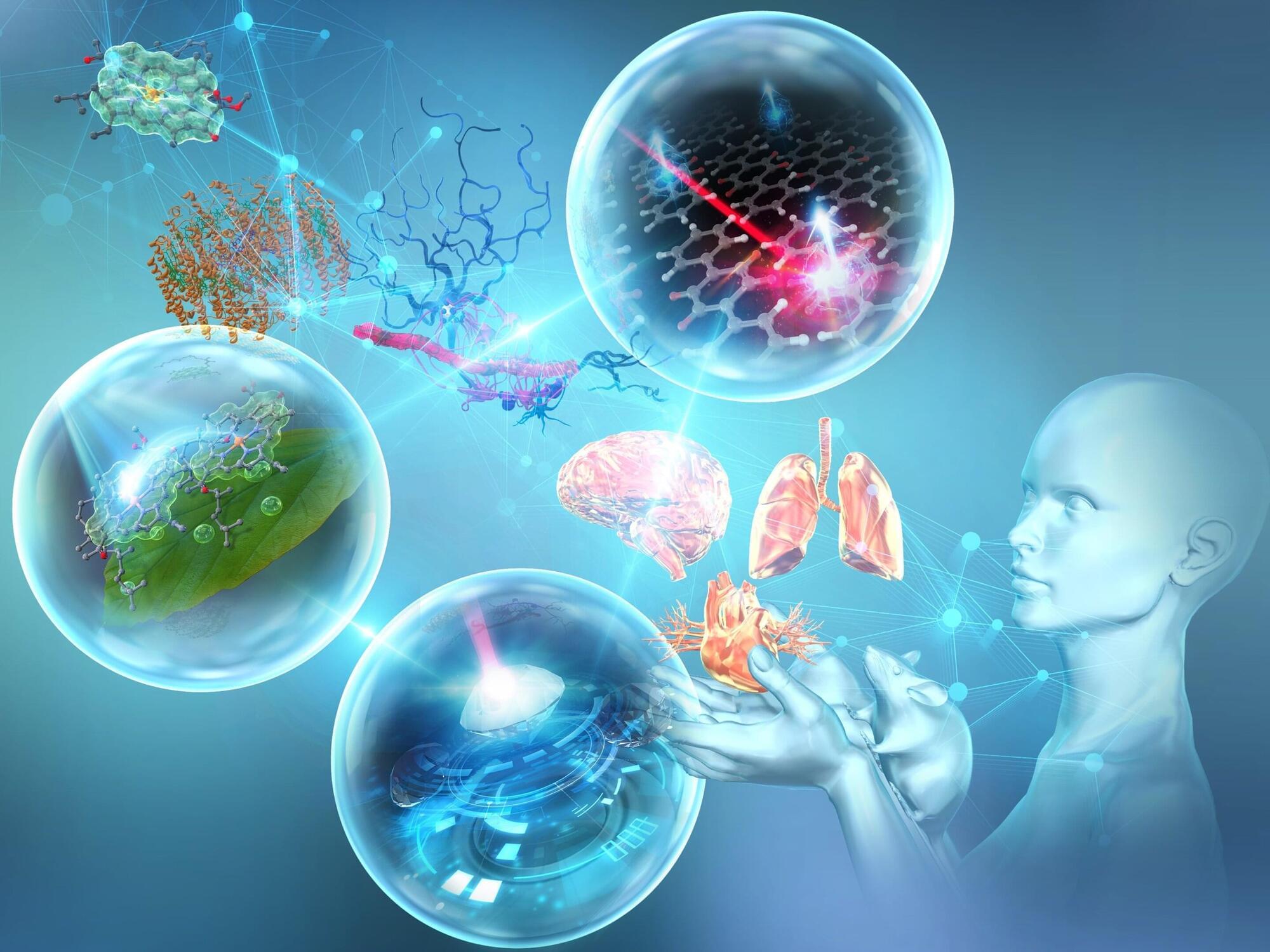
A team at Japan’s National Institutes for Quantum Science and Technology (QST) has published a field-defining Perspective that places the societal payoff of quantum technologies front and center: earlier disease detection, faster drug development, and new routes to clean energy. Their paper has been published online in the journal ACS Nano on December 18, 2025.

From Dark till First Dawn of Universe Simulation: EWOG Quantum Gravity Theory.
🚀From Dark till First Dawn of Universe Simulation: Why EWOG is promising to the Cosmic Race! 🌌 https://lnkd.in/gFBNsKtq Ever wonder how the James Webb Space Telescope (JWST) keeps finding massive, mature galaxies that “shouldn’t exist” yet? Standard cosmology (ΛCDM) is struggling to explain this without extreme fine-tuning. But Entanglement-Weighted Operator Gravity (EWOG) provides a first-principles answer. 🧩 The “Quantum Turbo” Effect In the dense early universe, high quantum entanglement between matter and geometry temporarily boosted gravity’s strength. The Core Idea: Gravity isn’t a constant; it’s an operator weighted by entanglement (Ŵ). * Curvature from Commutators: R̂ᵤᵥ = [∇̂ᵤ, ∇̂ᵥ] * The Boosted Coupling: G_eff(a, k) = G_N [1 + α₀(1 — e⁻ᵐʳ)ℱ] This “turbo boost” allowed gas to collapse into stars 150,000 years earlier than standard models predict.